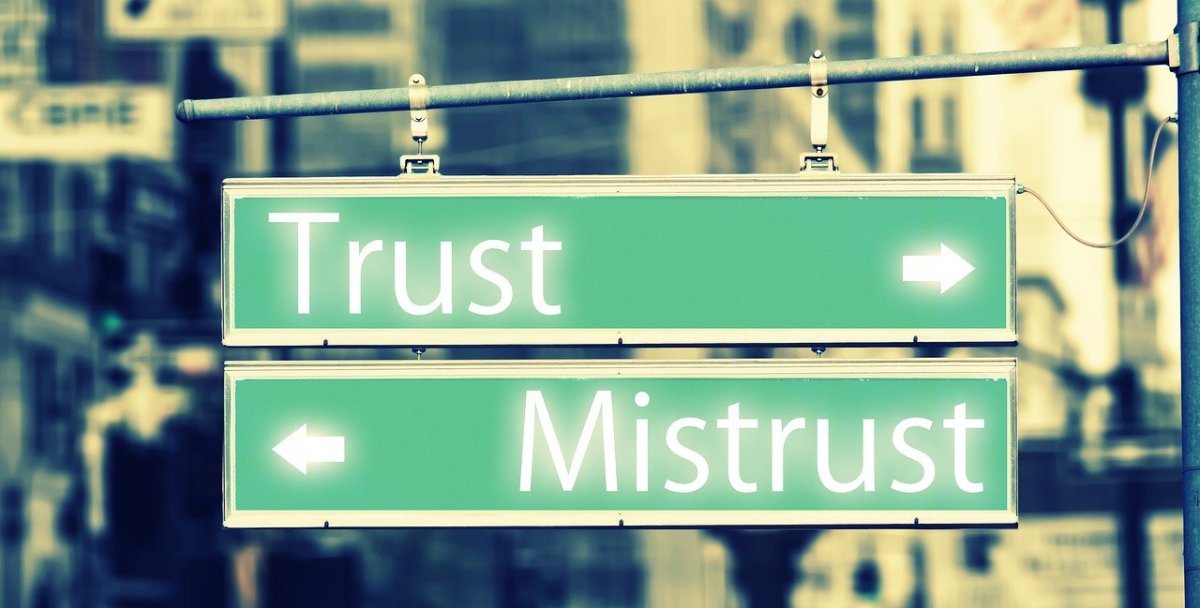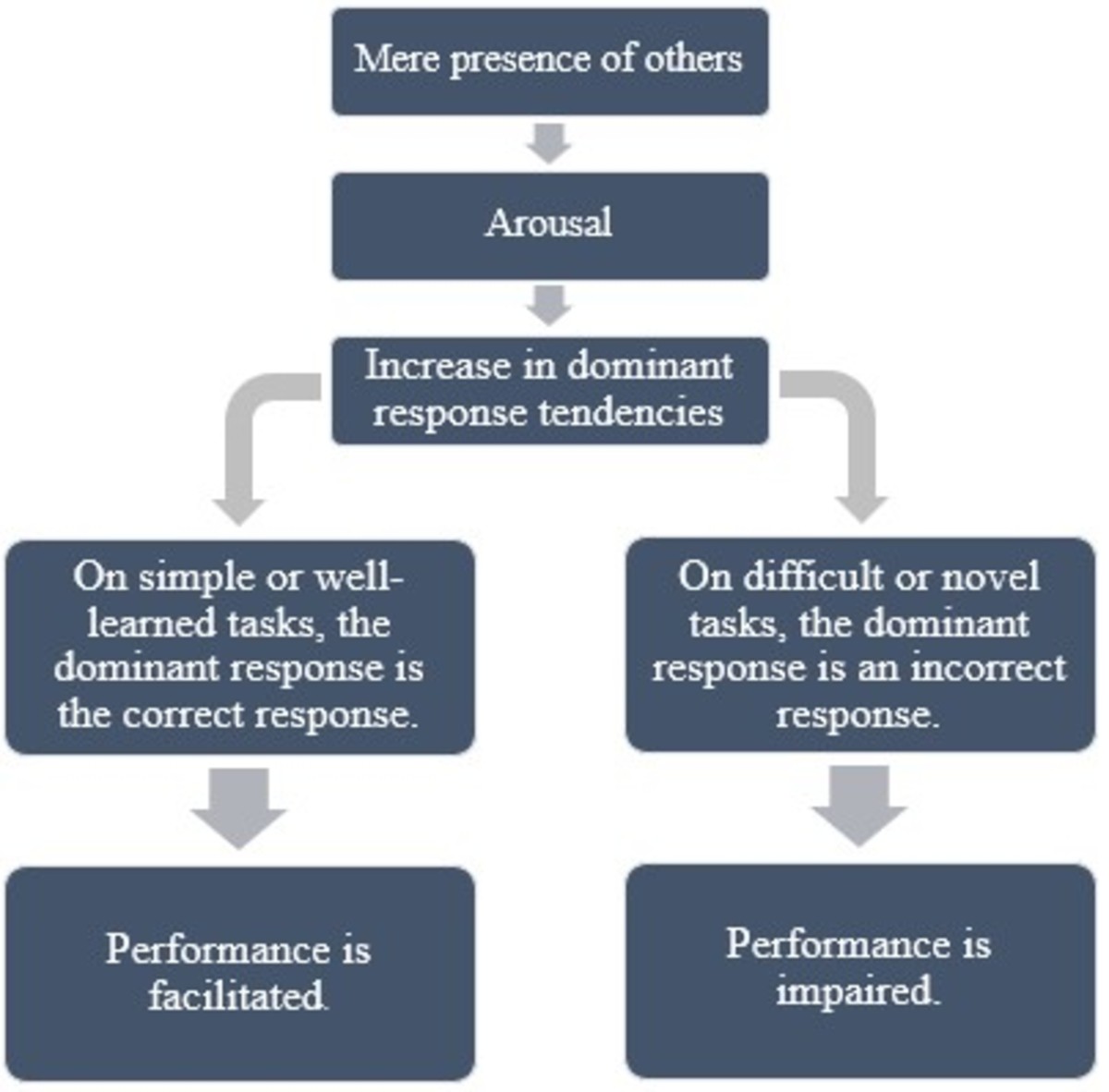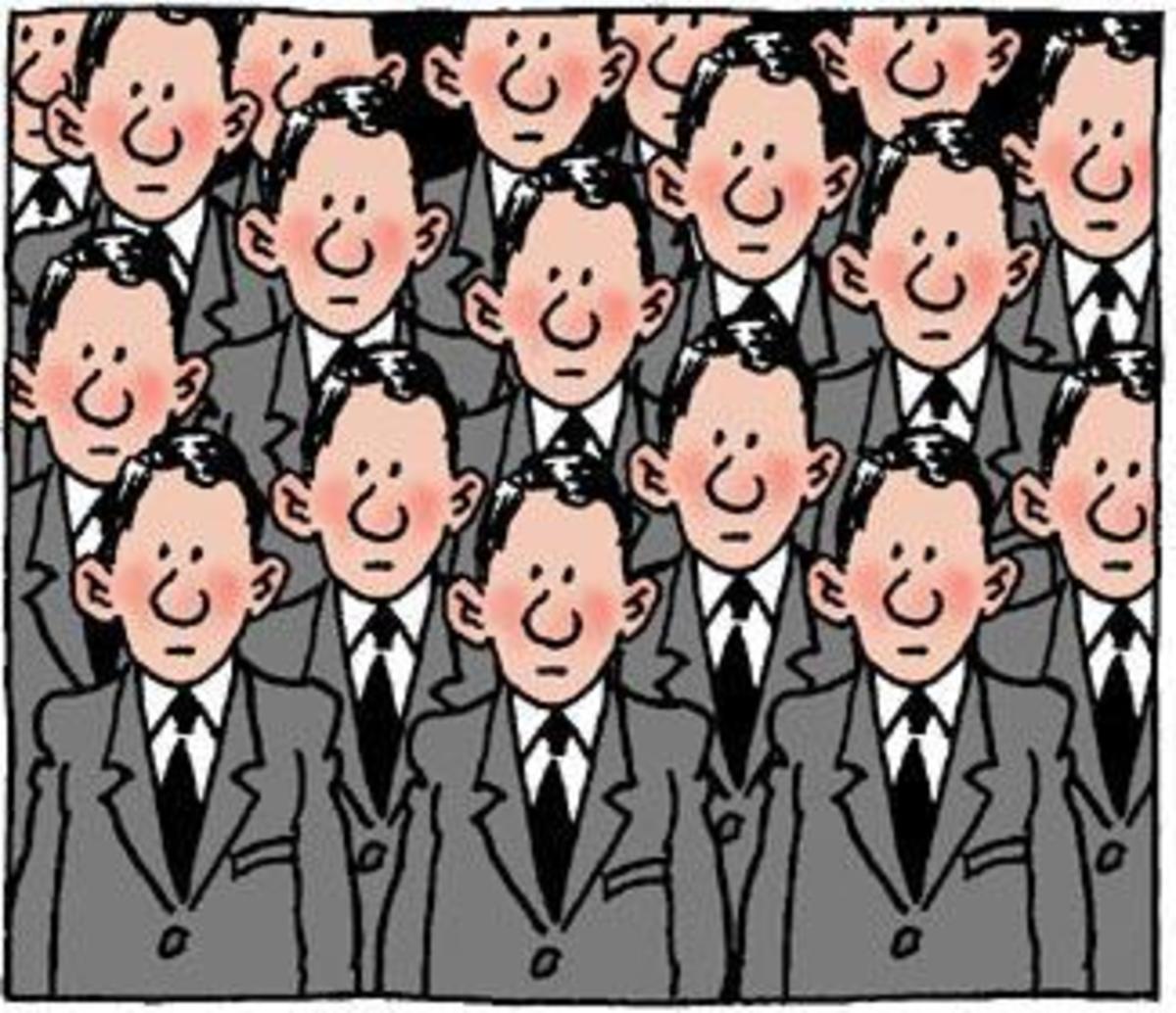How to lie convincingly
How to lie convincingly
I haven’t written this article to grab the headlines but merely answering a serious problem affecting human relationships which is lying especially through one’s teeth. I have witnessed people lie openly and effortless with the surprising effect of getting a large number of people to believe what they say and act accordingly.
What is a lie?
A lie is any attempt whether verbal or non verbal to conceal the truth from people who desire to or are entitled to know about it. It could either be a noble act or a shameful act it all depends on the motive for lying and the outcome such lies have on those it affects.
The art of lying is not peculiar to human beings alone, even animals lie but what makes our own kind of lie different from the one told by animals is that we are conscious of it. We know the consequences beforehand including the negatives and still prefer to continue.
There is a famous African proverb ‘show me a man that has never lied and I will show you a great liar’. Everyone has had to lie for different reasons mostly to promote social harmony rather than to carry out sinister plots. However, lying has the tendency to eliminate trust and respect in social friendships and relationships especially where the dependence on trust and loyalty is a cornerstone of such relationships particularly so if the liar is seen as a pathological or habitual liar.
Types of lies
1. Malicious lie: It is a lie told to discredit or hurt another person for selfish reasons. These lies can be in the form of slander, backbiting, conspiracy or negative criticism. People who use malicious lies are often motivated by negative emotions such as; envy, spite, vindictiveness, bitterness, lust, pride, greed, over ambition, or even insecurity.
2. White lie: A white lie is usually a harmless lie used to diffuse social tension between friends, acquaintances, colleagues, lovers and other socially rewarding associations. It is one told to maintain social harmony between friendly people. Often times, a white lie is an alternative to a greater misery or pain and so it is socially acceptable to lie to people if it will keep them or other people away from getting hurt.
There are many other classifications of lies but these two summarize lies into harmless or useful lies and dangerous or evil lies.
The main reason people lie
People lie principally as a result of the need to cover their tracks mainly because they have said or done things not required of them. Inability to cover their tracks could lead to embarrassment, disappointments, heart breaks, treachery, not so pleasant punishments, stress and a load of undesirable experiences and situations.
However if you are in the habit of doing the right thing at the right time you will not find the need to lie to cover up your tracks because they will be no tracks to cover in the first place and the very few times when you fail to do what is required of you, will clearly be unavoidable mistakes.
How to lie convincingly
The art of lying is one that involves creativity, sound memory and experience. A good liar can combine the use of facts and fiction to create falsehood such that unless you have evidence to expose his game you will find it hard to doubt his lies. Liars know that they risk being despised for their lies and so they have to craft their lying to suit people’s expectations and reality. They know that a bad lie would either not make sense or can easily be disproved through interrogation so liars concoct their stories using a number of resources at their disposal such as facts, fiction, personal experience, knowledge of people’s expectations and social acceptance. To lie convincingly, a liar must understudy his subjects and combine his available resources to achieve his aim which is to conceal the truth from his targets. Most times good liars learn from experience how to mislead and deceive others so it just comes naturally to them when they say or do things that will keep the truth from ever being found out. However not everyone is that endowed they have to learn from the masters of the art hence it is only proper that the secrets and methods employed by really good liars is shared with anyone who might consider lying but preferably for good reasons or who wants to beat liars in their game.
Here is how liars perform their acts;
They combine obvious fact with fiction when trying to get their message across
A good liar will not say absurd things no matter how true it is except if it will enable him get an edge for a greater lie he/she may need to tell in future. Liars know that an ambiguous fact can have several possible interpretations, in order to get their lie to be accepted they only need to misapply one of the several possible interpretations to fit with one of their fictitious arguments all aimed at getting others to accept their lies. This kind of lie is suitable for brainwashing and indoctrination.
Liars Know what people’s desires and expectations are
Liars never try to feed people’s desires except when they want to get the better part of them but would rather focus on what people expect not just of them but of any decent person in general. People tend to think liars are smooth, talkative, secretive or fidgety. They are very wrong because many good liars are perfectly normal talking and sometimes blunt talking people who know how to get round people’s expectations. Good liars do what people expect them to do and say things that are acceptable but they are very sensible when doing this, in secret they could be practically the opposite of who they are in full glare of the public. By simply doing what people expect of them does not mean they will allow themselves to be controlled by public opinion, all they have to remember is societal values and norms which they observe dutifully when others are watching them but disregard when they are at home with themselves and their trusted pals or family.
Good liars don’t lie habitually except if they know they are too smooth to be caught
A good liar only lies if there is a compelling reason to do so. The measurement of cost and benefits of consequences will cause a good liar to decide whether or not to lie and when he decides lying is necessary will do very well to plot his approach and method. His method will be such that he only stands between the truth and the person or persons he is lying to. There will be very little chance of ever disproving his lie when he decides to lie. This usually works by acting alone in secret or in company of accomplices to carryout whatever he is planning and present a totally different picture of his lie. Most lies told this way are empty claims that can never be verified by outside and independent sources.
Good liars always have an excuse ready beforehand so that their lie can fit well it
Liars always have a pretext ready as a cover for their lies. Usually such pretexts are legitimate acts that have a close relation with the lie. Let’s say you are a plumber wanting to sneak into a girlfriend’s house so as to make out with her, you could plan with her for a convenient time to come over to fix the pipes in her house knowing that her mother may not have gone far and could return anytime soon, as long as her mother is expecting a male plumber to come fix the pipes and she isn’t home to monitor him doing so anything can happen and if she unexpectedly returns the plumber will be busy fixing the pipe when she returns. Life will continue smoothly for the liar.
Good Liars always have a two part mission with their lie being the greater one
The two part mission is simply two or more legitimate acts you perform to distract people from your principal motive. It is similar to having an excuse the only difference is that you will perform those acts even if you did not have a reason to lie, in other words you simply add your lie to the legitimate acts rather than having a cover for your lie. This is in order to prepare an escape route for the error or fault if it is ever found out. This method works well because it kills suspicion by eliminating any opportunity for the truth to be ever let out. It is a way of covering your tracks so that even when you are caught in the act you can readily explain yourself so that you will either appear to have been at the wrong place at the wrong time or you have simply mistaken your action for something else. It is a kind of insurance because people who use this method when lying are rarely ever found out or doubted because they always seem to be telling the truth.
Good liars know how to keep secrets
A secret has several uses such as protecting a very sacred fact or for hiding a lie. Liars understand that a lie is best protected with secrets. Because lies can be scandalous, secrets therefore become very important like treasures that must be kept safe. A good liar never makes mistakes about how to keep a secret, if he had a secret he was keeping you will never find out about it unless he shares it with you. This quality makes good liars to be very self-reliant when it comes to keeping mum about their scandals.
Delusion provides a fine way to lie uncontrollably and openly
Causing others to experience delusion is a very good way to alter reality for such people and that is what happens here. This method of lying is what scammers and fraudsters use so often to their advantage. It doesn’t matter how many times the same trick is used in deceiving people as long as there are people who have flawed beliefs and reckless habits there will always be fair game and suckers to overcome. People become deluded when they expect too much or too little from themselves and others as well. People who think life should be a bed of roses, a bed of thorns or a garden of weeds rather than what it really is tend to believe anything that reinforces those flawed beliefs of theirs. This is known to scammers and they simply have to make claims and promises that will trigger these beliefs. For instance wanting to become rich without working hard, wanting to receive a miracle such as a healing (miracles do happen but rarely) rather than paying expensive medical bills that could offer alternatives are some of the flawed beliefs scammers try to reinforce in their targets when they tell lies. The aim of this method is to give false hope to the victims so that they can commit themselves and their money, time, efforts and so on.
Tips on how to lie convincingly
- Do not underrate people. Some of the people you will lie to are smarter and more experienced than you at the very least keep your lie simple but hard to spot by being brief and exact with what you say. No need to go on talking for long.
- Do not keep bad habits like laziness, selfishness, over ambition, womanizing and so on or if you do, make sure you don’t tell lies that are contrary to these values because people familiar with you will judge you by your perceived values.
- Try not to lie habitually or for no reason because you will forget many of your lies and contradict yourself.
- If you must lie ensure that you have a good reason and objective for doing so. Also remember that an alibi or good excuse always covers a lying track.
- Put yourself in your victim’s shoes. What will he/she be expecting the truth to sound like?
- Practice playing pranks as they offer useful insights into what lying really is.
- Be confident when you lie as confidence helps enhance the believability of your lying act.









